In case anybody missed it, I’m a Libertarian. Now, RJ Keller got me started and of course, it doesn’t take much to push me over the edge some days. In Maine, where she lives, apparently, people on state assistance get to purchase alcohol and tobacco with their state-granted funds, so she’s a wee bit pissy about this. I would be too, because in 2000, I was pissy enough about what I was seeing as a weekend graveyard cashier at a grocery store to write the following to my congress-critter:
CAUTION: It’s long and way ranty. Because I do not believe any such systems can/will be abolished, I have come up with some complex solutions, even though I am well aware gummint is not into solutions.
My part time job is working graveyards at a grocery store on weekends. I check out people all the time who use food stamps. Before working there, I had a fuzzy sense of exactly what food stamps were used for, since it wasn’t something I thought a whole lot about. My only up-close-and-personal experience with food stamps happened to be that my best friend, single, with two children, used them. She was always very careful to buy cheap, whole foods, fresh produce, and the ingredients to make bread, as she makes it more cheaply than buying bread. Naïve me. I thought everybody was as frugal with their benefits as my friend.
You should see the crap people buy on food stamps! Not only do they buy pre-packaged, expensive junk food, expensive cuts of meat, shrimp and lobster, but then they turn around and buy whole cartons of cigarettes and lots of booze with cash. They buy tons of dog food for dogs that could eat your HOUSE and still be hungry an hour later—with cash! If they can’t afford to buy their own food, where do they get the cash for this stuff???
Anyway, I realize that it would be a futile effort to try to abolish the system altogether, so I would like to propose some reforms that would be the first step in the incremental abolition of food stamps. They are as follows:
- Mandatory periodic drug and alcohol testing. I don’t have a problem with people who drink, but I sure do have a problem with people who drink on MY dime.
- Limitations on the use of the food stamp credit card.
- No usage between midnight and 6am (this is to discourage late-night trips to the store for a brownie mix, candy bars, and a case of Coke)
- Use limited to once in every 24-hour period
- No cash transactions during same trip through the check out line (this is to discourage cash beer, cigarette, and animal food sales; granted, this would be the hardest idea to enforce).
- Limitations on food selections. Users would be required to shop from a list of approved foods (a la WIC). There would be no paperwork like WIC, but a food stamp transaction would require the user to scan his food stamp card before checking out. The grocer’s UPC scanners would be required to be programmed to provide a fail-safe for the approved foods. As a concession to the grocer-as-policeman, the food stamp recipients would be required to work for the grocer free of charge by the state to do the data entry required to make this possible (BONUS: JOB TRAINING!). The following requirements would have to be reflected in the approved foods list.
- Whole foods only (which mean that users would have to GASP COOK)
- No shellfish, lobster, or other expensive cuts of meat; if a user buys chicken, he will have to buy it whole and learn to cut it up himself; no boneless, butterflied chicken breasts @ $2.99/lb when whole chickens are $.99/lb
- No junk food, convenience foods, prepackaged lunches, soda pop, potato chips, cookies, specialty foods, box cereal, ice cream, pop tarts, TV dinners, bottled water, etc.
- Store-brand canned food only; no name brands.
- Minimum percentage of total monthly benefits spend on fresh produce (say, 10%; if a user’s monthly benefit is $200, he should be required to buy $20 in produce).
- Inexpensive cooking spices should be allowed.
- Toilet paper, cleaning products, and feminine hygiene products should be allowed, but again at the discretion of the state.
Now, I realize that this will require more bureaucracy to regulate, but I have three thoughts on this:
- Government loves more bureaucracy; they should be very happy that their jobs will be secure,
- If I have to help pay for the crap these people buy to eat, and there’s no hope of getting the food stamps abolished, then we should have the right to regulate the hell out of it, and
- If the users refuse to work a regular job, then they should have to work to get their food (the food I’m paying for) home.
I guess what I’m most angry about is not so much that people get food, and cigarettes and booze and dog food on my dime, but that they’re so damn smug about it. You wouldn’t believe the arrogance of these people; their attitudes are nearly regal, as if they are special for being able to get their food for free while I, the chump who has to work two jobs (to pay my self-employment taxes, actually) waits on them.
Now, if you’ve never worked as a cashier at a place that takes EBT (aka food stamps), you really may not get the level of anger here, or why it exists. I’ll tell you why:
It’s the attitude.
AND
Charity should be voluntary, not mandatory. Taking money out of my pocket to give to those the state deems worthy takes away my choices and is, in effect, legalized theft. It deprives me of my freedom and it deprives those I would have given to.
The USA has the highest percentage of charitable giving in the world [PDF], and that is in spite of what is wrested by force from our paychecks by the gummint to give to someone else. In the article Why are Americans so generous?, one point came through loud and clear to me:
“Most people think Americans are generous because we are rich. However, the truth is that we are rich, in significant part, because we are generous. Generosity is not a luxury in this country. It is a cultural norm.”
Can you imagine what we’d give if we had that money back?





















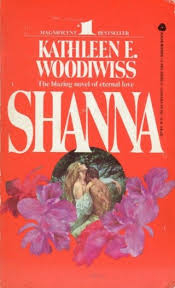 offended.
offended.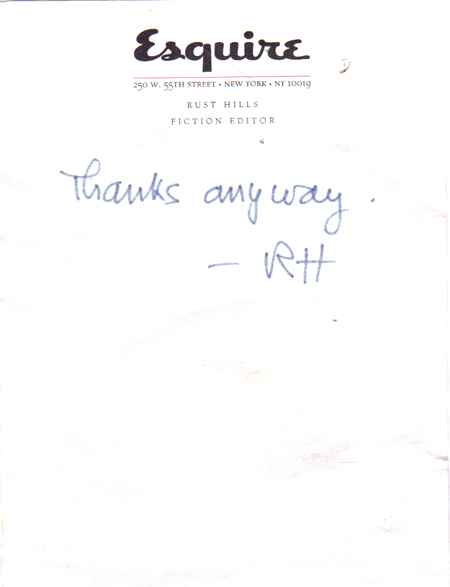

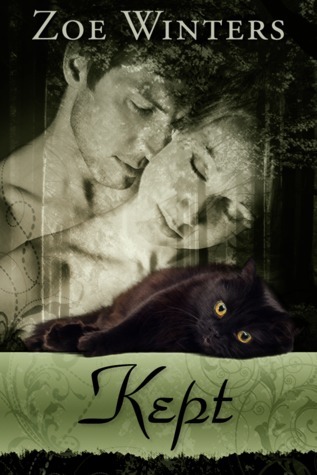 Zoe is an independent publisher I “met” by happenstance when I got soundly thrashed on Dear Author for suggesting that a multi-published author whose 3-book SERIES contract had been canceled after book 2 (leaving her fans out in the cold with characters they loved) actually self-publish the third book in the series (you know, since her rights had reverted back to her and she already has a fan base salivating for it). Good gravy, you’d’a thunk I’d said the Rapture was coming tomorrow and they’d all be left behind and have 666 burned into their foreheads bwahahahahaha burn in hell losers.
Zoe is an independent publisher I “met” by happenstance when I got soundly thrashed on Dear Author for suggesting that a multi-published author whose 3-book SERIES contract had been canceled after book 2 (leaving her fans out in the cold with characters they loved) actually self-publish the third book in the series (you know, since her rights had reverted back to her and she already has a fan base salivating for it). Good gravy, you’d’a thunk I’d said the Rapture was coming tomorrow and they’d all be left behind and have 666 burned into their foreheads bwahahahahaha burn in hell losers.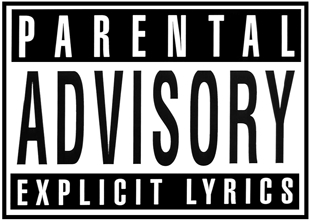
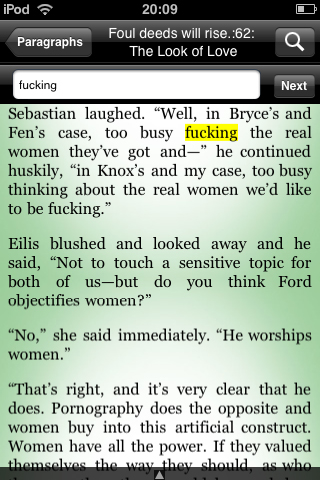
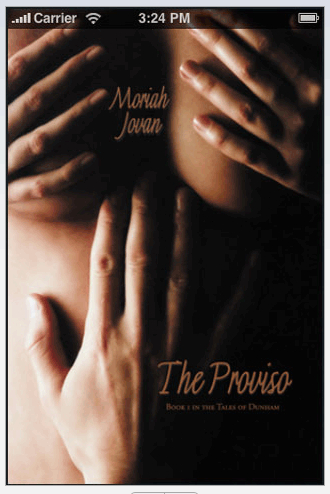
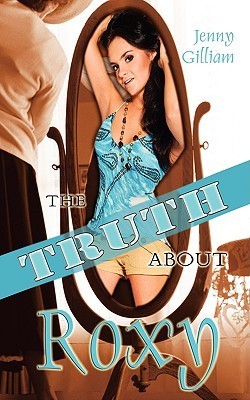
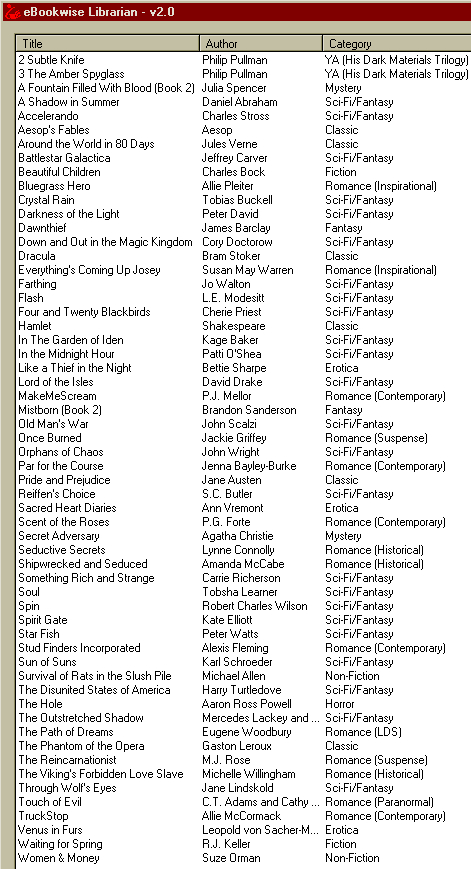

 Dead tree books will NOT be a thing of the past (knock on wood), but the smart publishers and booksellers will find cheaper alternatives to bring those to market too. If you want to survive after an economic downturn, you must start thinking in the long-term instead of the short-term; you sure as heck aren’t making any money now, so figure out how to make money when everybody has some again.
Dead tree books will NOT be a thing of the past (knock on wood), but the smart publishers and booksellers will find cheaper alternatives to bring those to market too. If you want to survive after an economic downturn, you must start thinking in the long-term instead of the short-term; you sure as heck aren’t making any money now, so figure out how to make money when everybody has some again.
 Christianity in general asks you to believe a lot of weird shit.
Christianity in general asks you to believe a lot of weird shit.